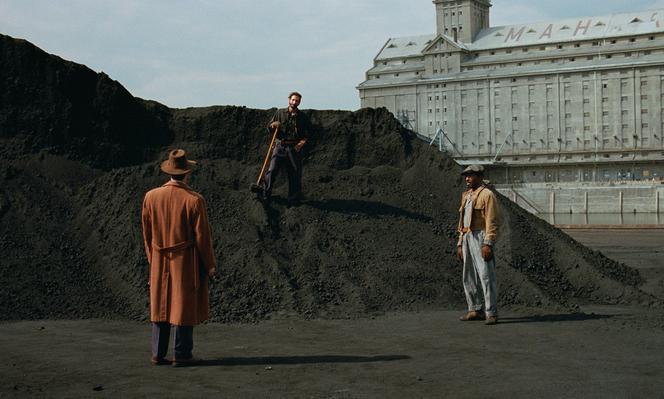


LE MONDE'S OPINION – SEE IT
The Brutalist is a film of inordinate ambition, as evidenced by its colossal running time of three and a half hours, its diptych structure separated by a 15-minute interlude, its shooting in VistaVision – a process invented in the 1950s to compete with the small screen – adapted to 70-millimeter film. All of this is used to retrace the fictional journey of a visionary architect, a Hungarian-Jewish emigrant, survivor of the death camps and forced to take on a gigantic building project in order to regain his status in the post-war United States. In his third feature film, Brady Corbet is already aiming for the monumental, as if to literally encase the grandiose edifice that sits at the center of his narrative.
This is the first cinephiles of France have heard of the 36-year-old director, who started out as a child actor before moving behind the camera. His two previous films were not released in French cinemas, including Vox Lux (2018), a portrait of a pop star played by Natalie Portman, which was nevertheless shown at festivals. Like the earlier film, The Brutalist is a fictional biography, but this time tackling architecture, "the mother art" according to Frank Lloyd Wright (1867-1959), and more specifically the subject of avant-garde. Yet Brady opts for a classic narrative, with a linear chronology, instead of a conceptual device.
You have 77.05% of this article left to read. The rest is for subscribers only.
